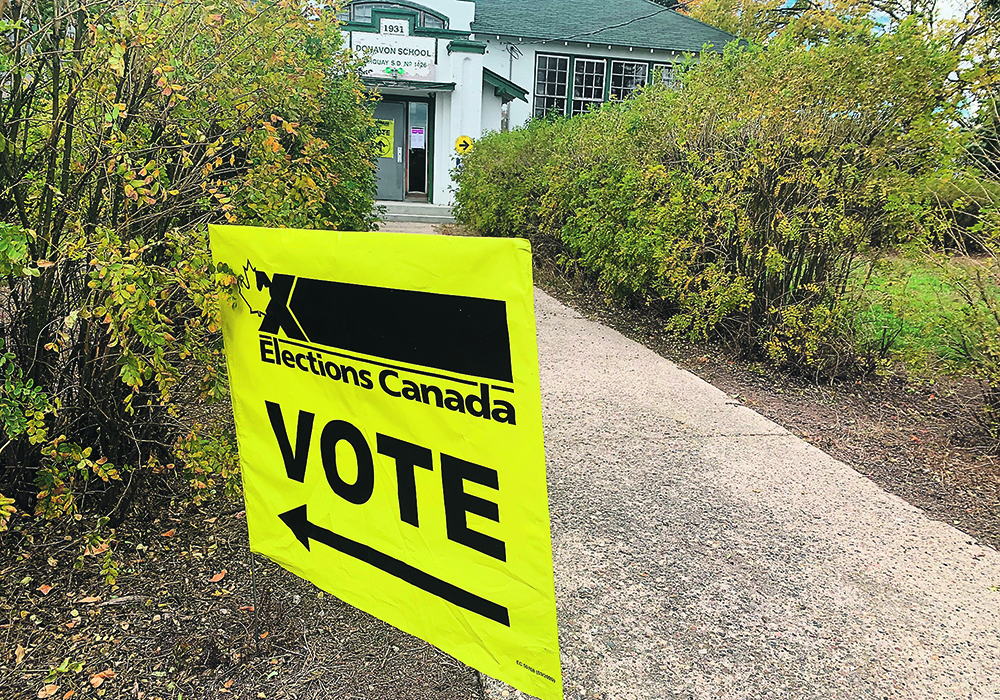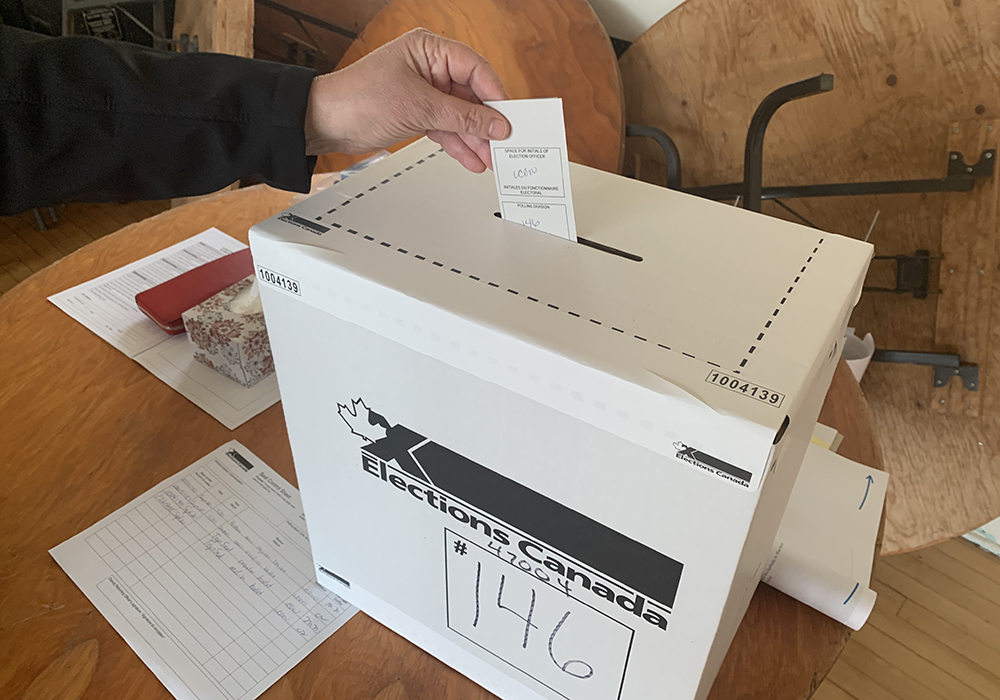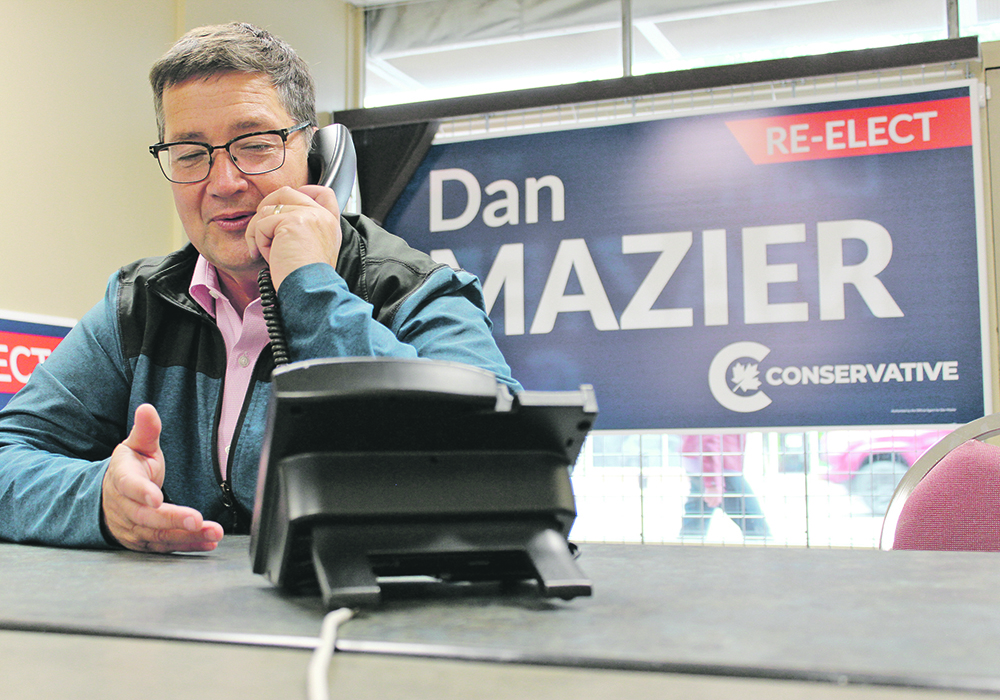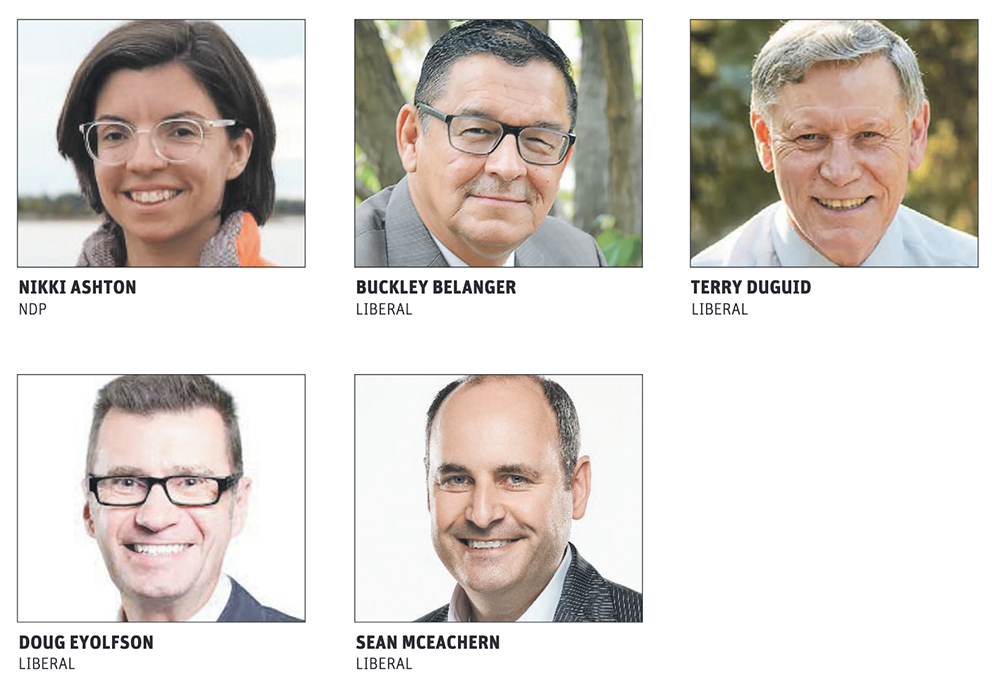Election’21: Parties participating in last week’s debate often shared similar policies but with different approaches
Farmers listening to last week’s agricultural leaders’ debate will have heard familiar themes from all four political parties present.
Representatives of the parties agreed on most issues discussed during the debate, but while the policies were similar, their approaches differed.
On matters such as supply management and compensation and overhauling business risk management programs, incumbent candidates Marie-Claude Bibeau for the Liberals, Dave Epp for the Conservatives, New Democrat Alistair MacGregor and the Bloc Quebecois’ Yves Perron found a lot of common ground.
The Green Party was unable to participate in the Sept. 9 event due to a scheduling conflict.
Read Also

Using artificial intelligence in agriculture starts with the right data
Good data is critical as the agriculture sector increasingly adopts new AI technology to drive efficiency, sustainability and trust across all levels of the value chain.
The debate hosted by the Canadian Federation of Agriculture touched on economic growth, environment and climate change, infrastructure and disaster relief.
The next agricultural policy framework will be a key priority for the next government. The Liberal government has, with agreement from provinces, made changes to existing business risk management programs but debate participants agreed more improvements are needed.
Bibeau, seeking re-election in her Quebec riding of Compton-Stanstead, said the Liberals already added $95 million to the BRM pot and will introduce the idea of climate risk into future programs.
“The world is changing faster than we would have thought and this is important to make sure that our BRM programs meet this new reality,” she said.
Bibeau said she could have done more if conservative prairie governments had agreed to increase the compensation rate for AgriStability.
Epp said farmers don’t like the Ottawa-knows-best attitude and want a true partnership when it comes to reviewing and changing BRM programs.
MacGregor, from Cowichan-Malahat-Langford in British Columbia, said the next framework should be built around resiliency, noting that this frequently comes up at the standing agriculture committee.
“The last 18 months have really exposed a lot of cracks in the system,” he said. “I agree that we don’t want an Ottawa-knows-best approach, but we do want strong federal leadership in many areas. Climate change is going to be a huge factor.”
Perron, the BQ agriculture critic from Berthier-Maskinonge, said Ottawa should overhaul the programs, do away with red tape and increase the amount of money available.
“It’s not normal when we call upon our sector to compete internationally that our agricultural sector isn’t supported as much as it is in the United States, not even half as much,” he said through an interpreter.
Bibeau noted that the last Conservative government cut hundreds of millions from BRM programs and questioned how farmers can believe a Conservative government would improve those programs.
“We have $400 million more on the table for AgriRecovery,” she said. “We are doing things the right way.”
The panelists were asked about the drought and disaster relief made available through AgriRecovery in five provinces before the election was called.
Epp, running in Chatham-Kent-Leamington in southwestern Ontario, said the money is nowhere near enough to deal with the disaster that has unfolded, and that if it weren’t for provincial leadership the federal government wouldn’t have responded.
“What about the tax deferral?” he asked. “Right now I’m aware of, in Ontario, 40,000 bales of hay waiting for some federal help on transportation to get to those needing that. Where is the leadership?”
That debate returned to climate change policy, with Bibeau pointing out the recent budget allocations for clean technology and nature-based climate solutions in agriculture.
MacGregor said farmers should examine the individual climate plans for each party before they vote. More extreme weather events are coming and farmers are on the front lines, he said.
“We have to ask ourselves as a country how many more future tax dollars are we prepared to spend to mitigate against the effects of climate change before we understand the smart money is to make those critical investments now,” he said.
Epp said farmers are already doing their part, noting that officials testified at the agriculture committee that since 2008 agricultural output has increased but greenhouse gas emissions have remained steady.
“Our farmers are responding without punitive taxes. I agree that’s not good enough. We need to continue. The Conservative platform has $3 billion attached for enhanced support, incentives, both for ag and forestry,” Epp said.
The CFA said after the debate it was encouraging that all parties agreed programs must be improved and agreed with Perron’s statement that provinces that want to participate in a federal offer to increase AgriStability compensation should be able to go ahead and create a two-tier program.
The organization also said that it would have liked to hear clear details on how future farm programs will deal with climate change and how much money would be available to do so.
The debate also included some discussion of a grocery code of conduct, improving broadband service in rural areas, labour and processing capacity, and research.
Candidates also agreed on the need to reform the Canada Grain Act.
















